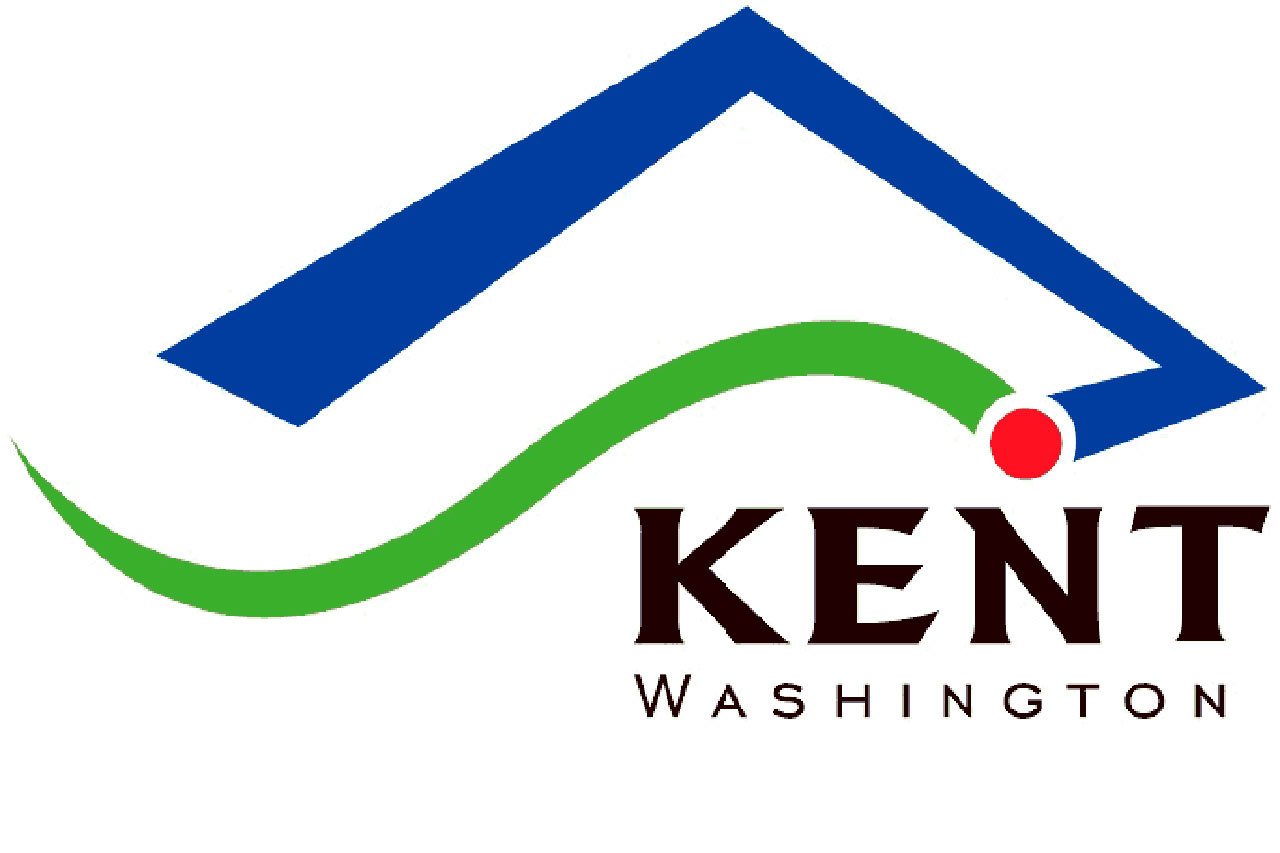The Kent City Council is considering other options rather than a $20 vehicle license tab fee to help balance the 2017-2018 budget.
If the council doesn’t approve Mayor Suzette Cooke’s proposed vehicle tab fee, it must come up with about $1 million from somewhere else to balance the budget in 2018.
The council at a Tuesday workshop discussed keeping more sales tax revenue in the general fund rather than the capital resources fund (for facilities, parks, streets); increasing property taxes; using general fund reserves; cutting expenses or some combination of those options.
Cooke proposed using the vehicle tab fee to raise $1.6 million per year starting in 2018 for the street operating fund, including a one-time expense of $623,000 for a new, extended sidewalk along 132nd Avenue Southeast. State law allows jurisdictions to form a Transportation Benefit District (TBD) and to adopt a vehicle tab fee without voter approval if the annual fee is $40 or less.
Councilman Les Thomas spoke against a vehicle tab fee.
“You are asking a lot of people, including the poor, to put $20 on their car,” Thomas said. “It’s not right at this point when the taxes in the state of Washington are among the highest that we raise taxes on everyone.”
City Finance Director Aaron BeMiller told the council one option could be keeping more sales tax revenue in the general fund rather than the capital resources fund to cover the $1 million gap. That would result in about 78 percent of sales tax revenues going to the general fund and 22 percent to the capital resources fund.
Another option would be to increase property taxes even higher than what Cooke proposed in her budget. Kent has about $6 million in what’s known as banked capacity because the city reduced its property tax levy by $1 per $1,000 assessed valuation in 2011 after voters in 2010 approved the formation of the Kent Fire Department Regional Fire Authority (RFA), which levies a property tax of $1 per $1,000 assessed valuation.
The use of banked capacity allows the city to raise property taxes above the 1 percent annual state cap imposed by Initiative 747 approved by voters in 2001.
Cooke’s proposed use of banked capacity would raise about $2 million per year to fund parks capital and major maintenance projects, including renovations at Lake Fenwick Park, West Fenwick Park and Kent Memorial Park. That would jump property taxes by about $53 in 2017 for the owner of a $400,000 home. That cost would go up another $27 in 2018 if the council approves a higher property tax hike to cover the $1 million gap.
BeMiller recommended against using general fund reserves to cover the gap. Staff projects the reserves to be at about $14 million by the end of this year or about 16 percent of the $90 million annual general fund budget.
“We don’t recommend that because we have some options available without using fund balance,” he said. “And our finance policy states that fund balance can only be used for one-time occurrences and this is an ongoing occurrence.”
Staff and the council didn’t discuss potential expenses that could be cut. Several council members, however, raised doubts about whether the city needs to form a new communications department that would include the hiring of a communications director and a cultural communications coordinator at an estimated cost of about $300,000 per year.
The council will meet again at 4:30 p.m. on Tuesday, Nov. 8, at City Hall to discuss the budget and potentially make some decisions about how to cover the $1 million gap.
Talk to us
Please share your story tips by emailing editor@kentreporter.com.
To share your opinion for publication, submit a letter through our website https://www.kentreporter.com/submit-letter/. Include your name, address and daytime phone number. (We’ll only publish your name and hometown.) Please keep letters to 300 words or less.

